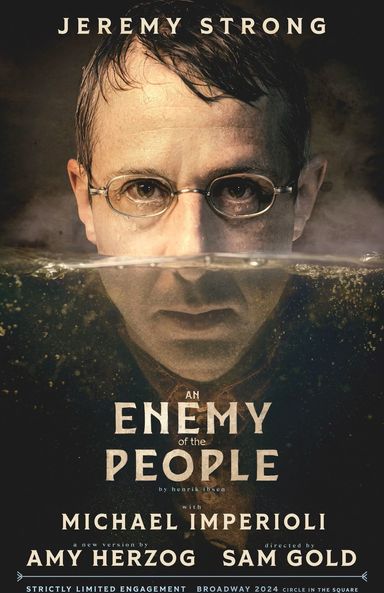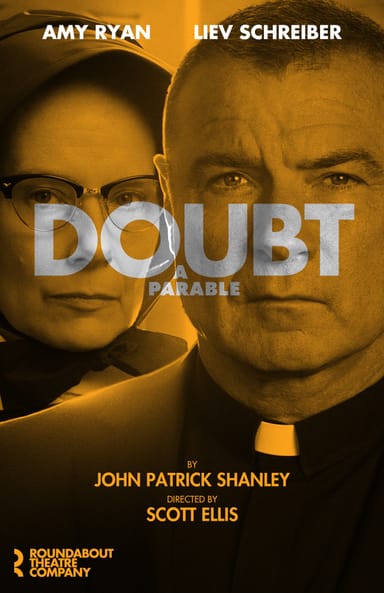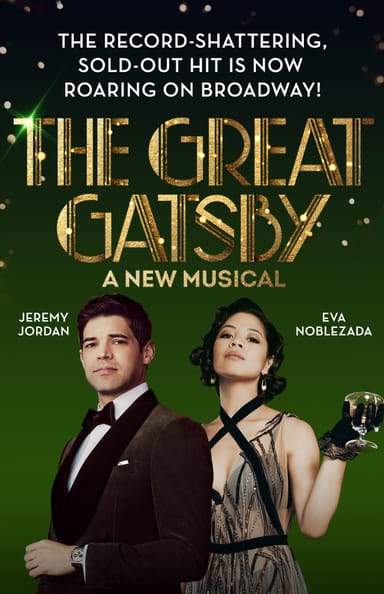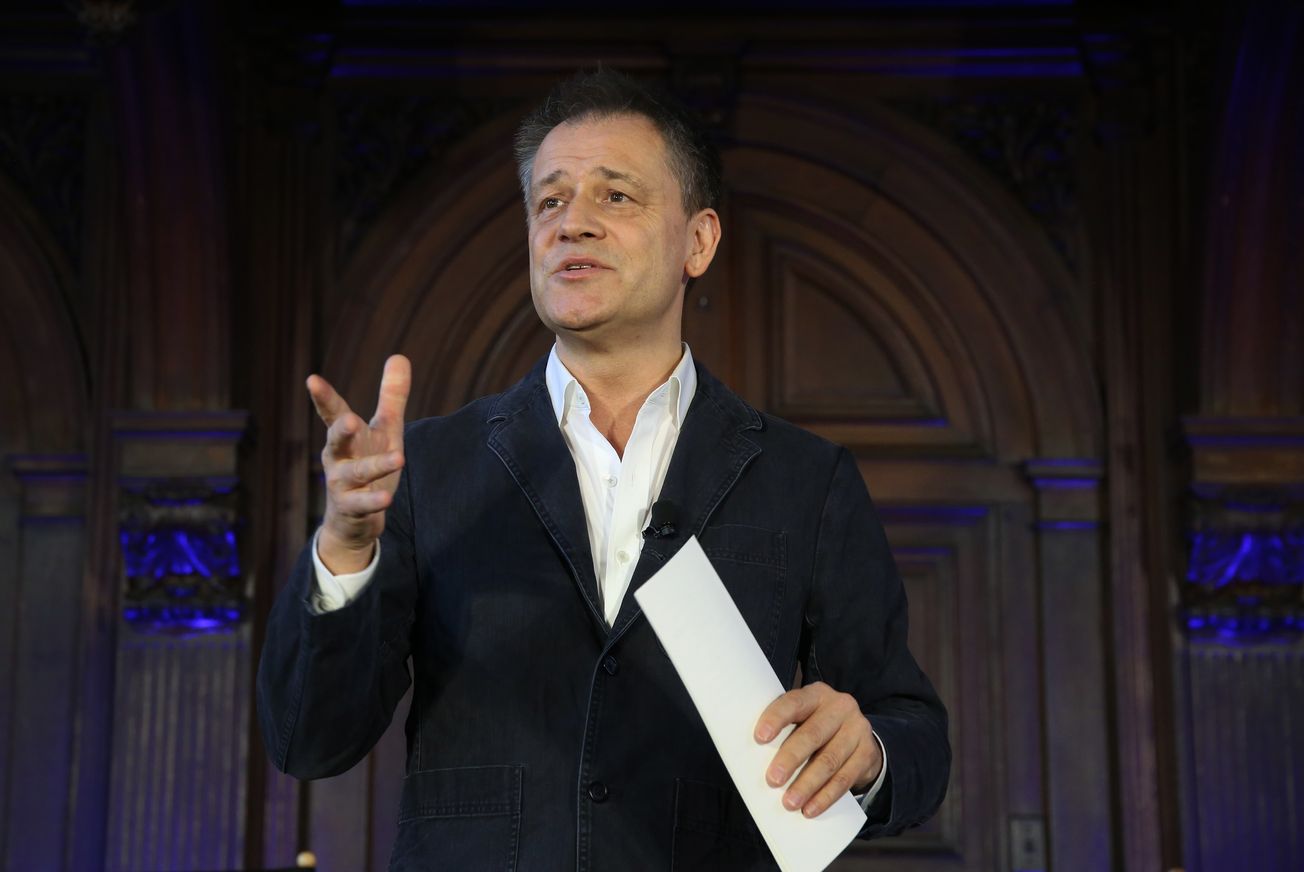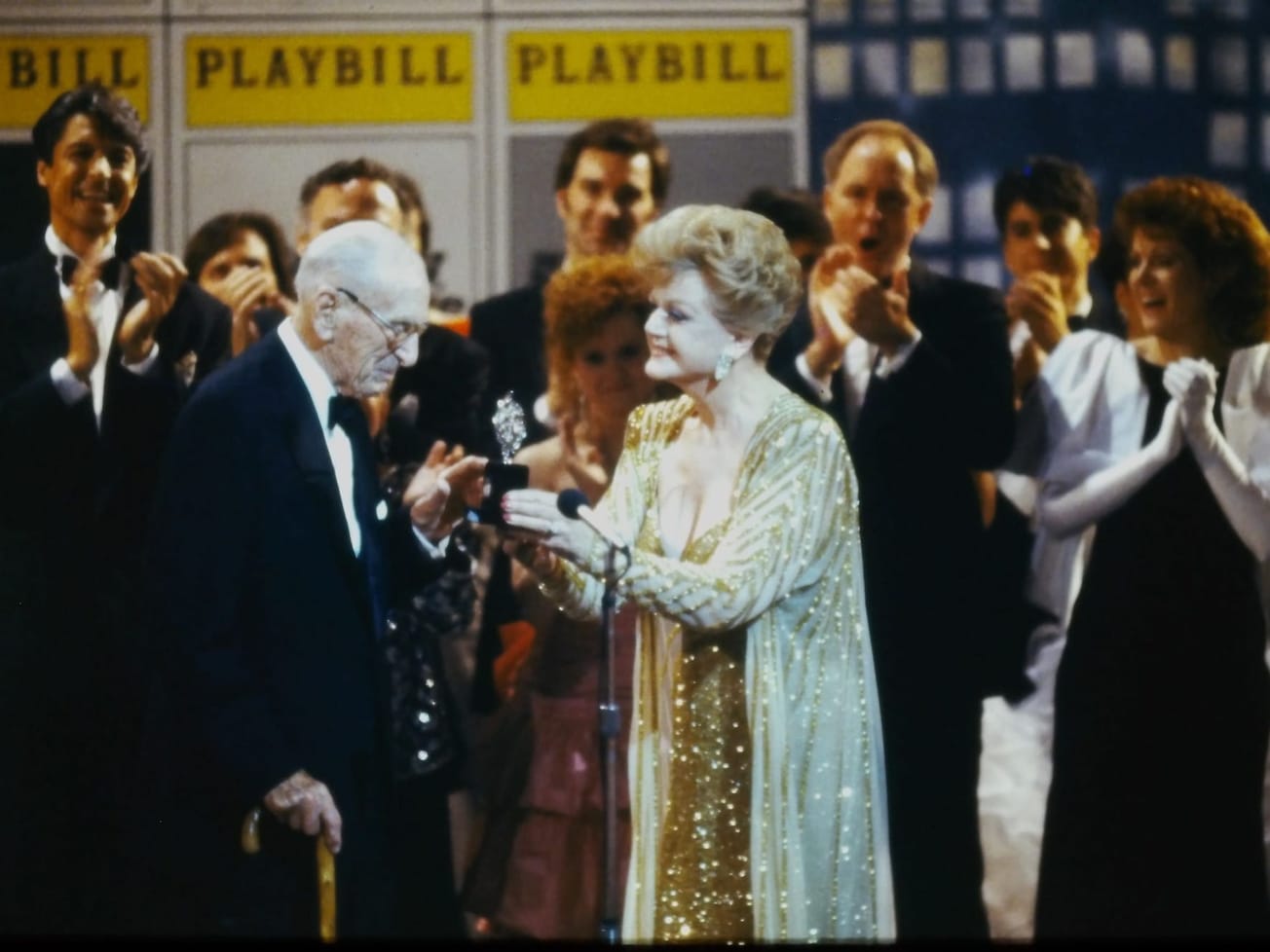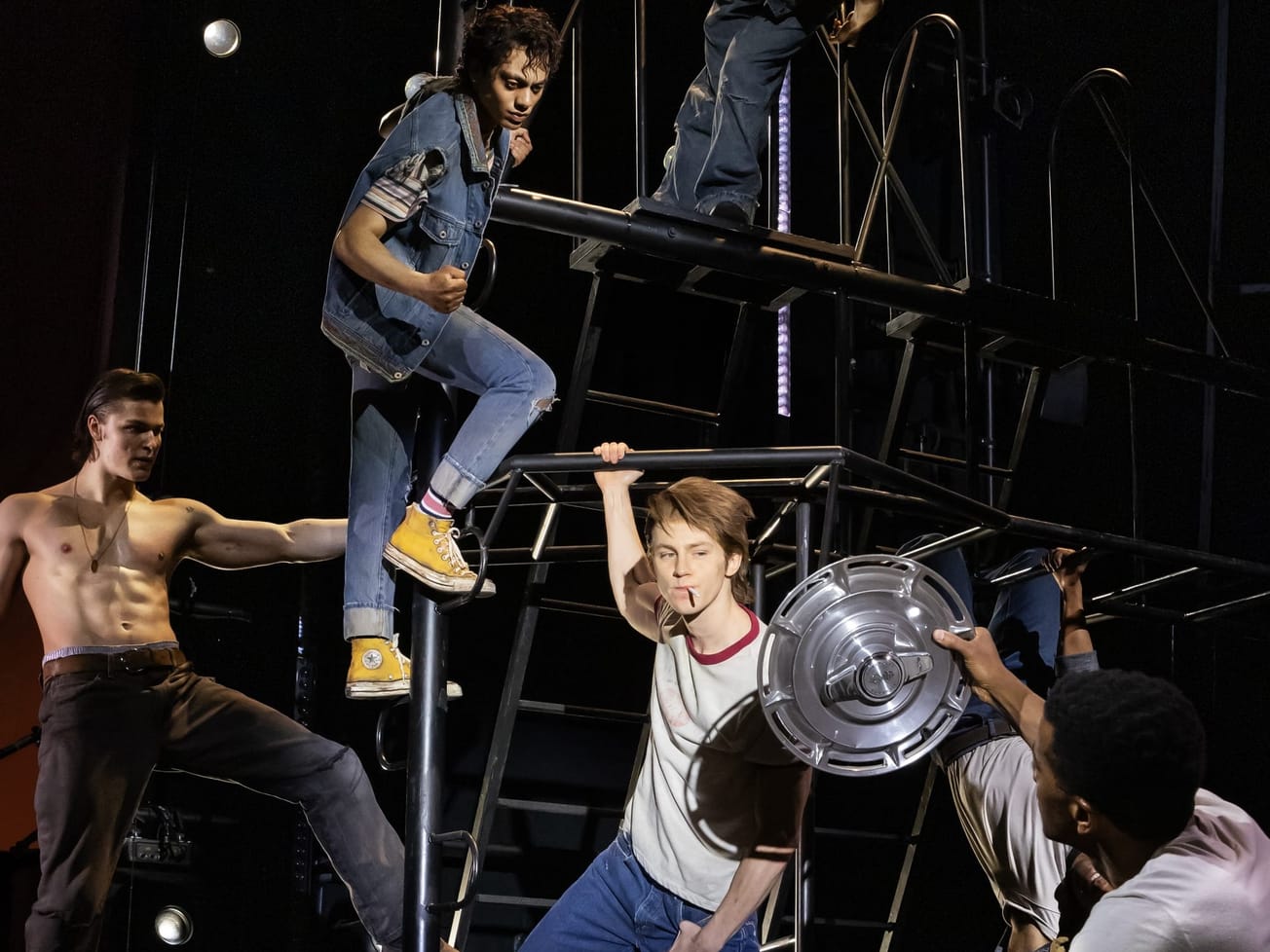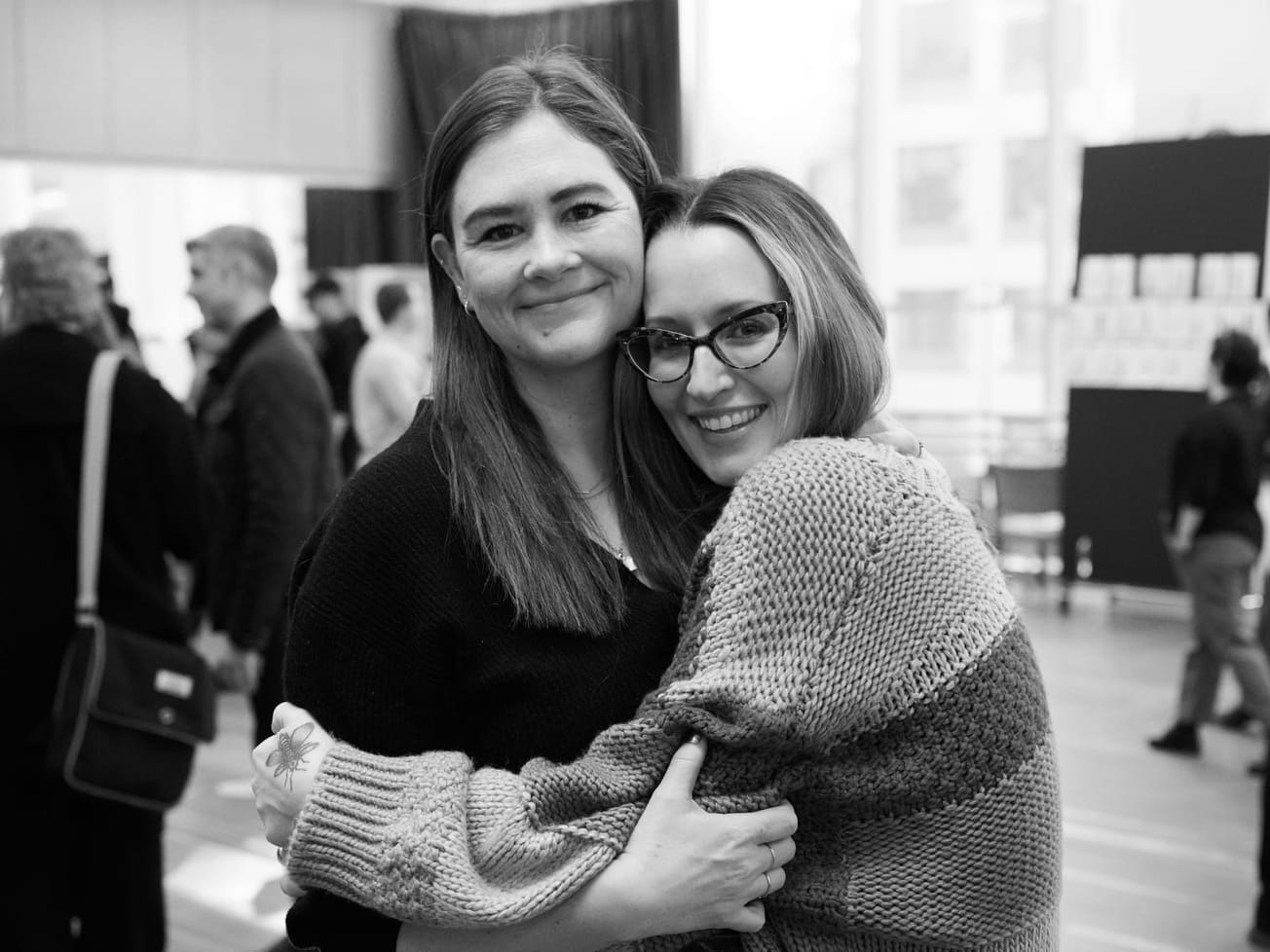In the fall of 2016, Michael Grandage received a phone call from his agent who asked if he would consider helming the Disney musical “Frozen,” a property which was already veering toward Broadway.
As he mulled over his answer, Grandage, who has a background in Shakespearean plays, went to watch the movie for a second time. He found that the Disney fairy tale had parallels to Shakespeare’s pastoral comedies, in terms of shape and structure, which meant that he had a way in.
And beyond that, he had been looking for the chance to take on a new musical as his history had been limited to musical revivals.
“I was dying to do a new musical, and I didn’t think an opportunity would arrive better than this one,” Grandage said.
Within 24 hours he agreed to have his agent put his name forward for consideration by Disney Theatrical Productions. And the next month, he was tapped as the new director of “Frozen,” taking over the musical after it had parted ways with its original director Alex Timbers.
At that point, the score for the stage musical had already been written by Kristen Anderson-Lopez and Bobby Lopez, who had been given about eight months to expand the seven-and-a-half songs they had written for the movie to about 20 songs.
“We turned down every other project and we locked ourselves in our office and we wrote a song week by week,” Anderson-Lopez said.
For Grandage, the approximately 10-month timeline before the show began previews in Denver meant that every step he took had to be meticulously scheduled, including bidding for sets soon after joining the project.
“We prioritized what Disney needed in order to make it a reality for opening night in Denver,” Grandage said. “And that just meant phenomenally astute timetables, to the day.”
The Broadway show is currently in rehearsals, before it begins previews on Feb. 22.
Grandage had the songs from the film as guideposts, with “Let It Go” as a particularly strong anchor, but he was able to play around with the order, placing Elsa’s anthem, for example, at the end of the first act. But aside from the songs, Grandage tried to break away from the film.
“I think the film became the inspiration and from then on you have to kind of declare independence from the film and never look over your shoulder again,” Grandage said.
It’s a strategy Grandage learned from the revivals he previously directed, including “Guys and Dolls” on the West End and the 2012 Broadway revival of “Evita.” Otherwise, he says “you could go mad” from the comparisons.
Even the existing songs were subject to change, such as the movie’s opening number which features ice harvesters who do not appear again in the story.
“There were some moments of the film that didn’t translate as well to theater, and then we had to think like theater people and solve it in a theatrical way,” Anderson-Lopez said.
To help expand his vision, Grandage took time to travel to Norway with designer Christopher Oram, who he brought on to the project.
“We saw an architectural world that really excited us there, and we thought we want to put that on stage in some way,” he said.
That included a wealth of different ways to represent ice and snow on stage, while pulling in effects like the northern lights to create a “mythical element” that exists alongside the fairy tale story.
Grandage came to “Frozen” after serving as artistic director of Donmar Warehouse in London, where he produced 66 plays and directed about a quarter of them.
Speaking at the press event Tuesday, Thomas Schumacher, president of Disney Theatrical Group, said Grandage’s background in producing made him more of a partner in all aspects of the show, which was ”really essential to making this happen.”
But in the end, Grandage can bring it back to Shakespeare, noting during the event that Shakespeare had a similar mass appeal to Disney movies like “Frozen.”
“He was the great populist writer,” he said.




